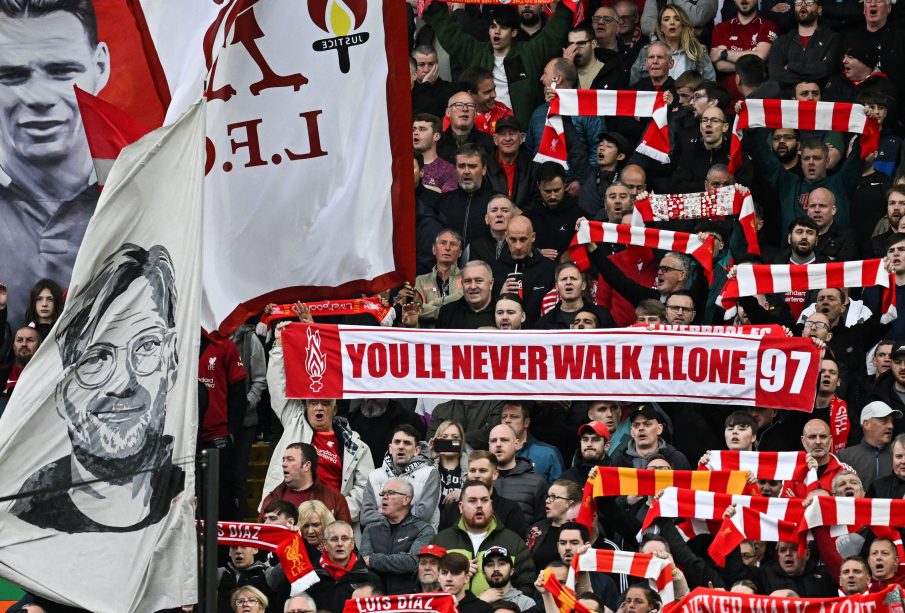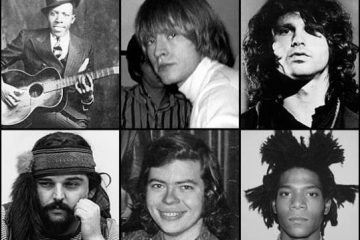Understanding Why Liverpool Fans Boo the National Anthem

The Significance of the National Anthem in Football
The national anthem is a staple at sporting events, symbolizing patriotism and national pride. However, during recent matches, notably at Wembley Stadium, Liverpool fans have made headlines for their protest by booing the national anthem. This act, deeply rooted in the club’s identity, has sparked discussion about its implications on football and national sentiment.
Historical Context
The practice of booing the national anthem isn’t a spontaneous occurrence but rather stems from historical grievances. Liverpool Football Club, entrenched in a rich heritage, has historically been associated with working-class supporters and the broader Merseyside community. Additionally, the fans’ actions are influenced by the Hillsborough disaster of 1989, where 96 Liverpool supporters tragically lost their lives due to police negligence. The aftermath of this tragedy left a lasting impact, contributing to a distrust towards authority that resonates within the fanbase.
The Role of Identity and Protest
For many Liverpool fans, booing the national anthem transcends mere discord with the song itself; it has become a form of expression linked to their club’s fierce regional identity. The city of Liverpool has often felt politically overlooked and undervalued by successive governments. This dissatisfaction is encapsulated in their booing, acting as a protest against perceived injustices and a broader commentary on regional neglect.
Recent Matches and Reactions
In recent high-stakes matches, particularly those featuring England’s national team, the booing was notably pronounced. Players have weighed in, with mixed reactions. While some argue that this detracts from the spirit of football, others see it as a rightful expression of discontent. The Football Association has also acknowledged ongoing tensions but remains committed to upholding a spirit of sportsmanship.
Conclusion: A Continuing Conversation
As Liverpool fans continue to express their sentiments, the act of booing the national anthem raises essential questions about identity, representation, and protest in football culture. The discussion surrounding this issue is likely to remain contentious, showcasing the deep connections between football and the socio-political climate in which it exists. Understanding the reasons behind this act not only highlights the relationship between sports and politics but also reinforces the enduring spirit of Liverpool’s rich heritage.









